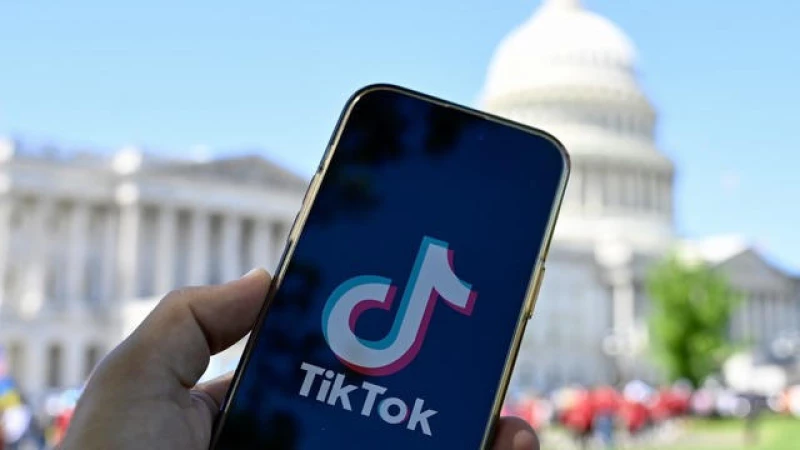TikTok may find itself under new ownership in the coming year, following President Joe Biden's signing of a bill that grants the social media company approximately 12 months to either divest from its Chinese owner or risk a U.S. ban.
Despite this, TikTok is prepared to challenge the new legislation in court, as CEO Shou Chou stated in a video shared on the platform yesterday, asserting that "the facts and the Constitution are on our side." Chou expressed confidence that TikTok will emerge victorious, citing a previous legal victory against Montana's attempted ban, which was overturned by a federal judge.
Nevertheless, TikTok is expected to attract interest from various potential buyers, given its popularity among 6 in 10 Americans under the age of 30. The platform's algorithm delivers a continuous feed of tailored videos based on users' preferences and behaviors, fostering an engaging experience that keeps them engaged with the app.
This aspect could be highly appealing to prospective buyers, particularly if TikTok is sold alongside its coveted algorithm, noted Wedbush Securities analyst Dan Ives in an interview with CBS MoneyWatch.
According to Ives, "With the algorithm, we estimate TikTok is worth $100 billion."
But TikTok's owner could strip out that proprietary piece of technology in a sale, making it much less valuable to potential buyers, Ives added.
Here's what to know.
Who owns TikTok now?
TikTok, with more than 170 million American users, is a subsidiary of Chinese technology firm ByteDance, which is why U.S. lawmakers describe the company as "Chinese-owned."
But ByteDance's structure is complicated, with the Associated Press reporting that it is based in Beijing but registered in the Cayman Islands.
TikTok, for its part, argues its alleged ownership by a Chinese company is a myth. In a 2023 posting on its website, the video platform says that ByteDance is 60% owned by global institutional investors, including Susquehanna International Group, Carlyle Group and General Atlantic. Another 20% is owned by ByteDance employees, while the remaining 20% is owned by its founder, Chinese entrepreneur Zhang Yiming, the company says.
How much is TikTok worth in 2024?
TikTok is likely worth $100 billion, according to Wedbush Securities analyst Dan Ives.
But that valuation is based on TikTok's algorithm, the logic written into the software that decides which videos to serve up to its users in a constant stream. Without the algorithm, the company could be sold for much less, Ives said.
"The golden jewel algorithm is what makes TikTok valuable. Without it, the app is estimated to be worth $30 billion to $40 billion," a source told CBS MoneyWatch.
Potential Buyers for TikTok
According to industry analyst Ives, potential buyers for TikTok could include tech giants like Microsoft, Oracle, and retail giant Walmart. However, other companies and investors are also expected to show interest in acquiring the popular social media platform.
"Private equity firms are likely to show interest in the deal, with figures like former Treasury Secretary Steven Mnuchin reportedly working on forming an investor group to purchase TikTok," Ives mentioned.
Mnuchin shared his plans with CNBC, stating, "It's a great business, and I'm going to put together a group to buy TikTok."
Chances of TikTok Being Sold
While the future of TikTok's ownership remains uncertain, Ives believes there is a 75% likelihood of the platform having new owners by early 2025.
Despite potential acquisition talks, TikTok has previously thwarted bans through legal means. A federal judge ruled against a state ban attempt, citing it as an overreach of state power and a violation of users' and businesses' constitutional rights.







